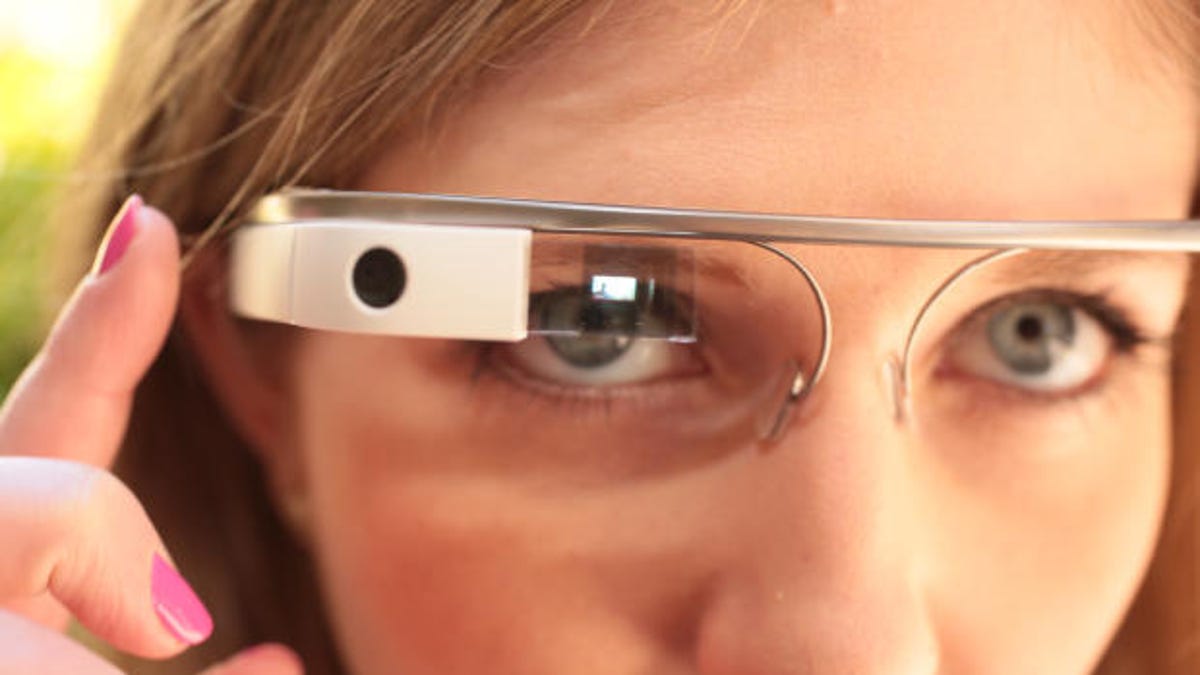Google Glass could be the next iPhone?
A new Forrester report shows that 12 percent of the U.S. population is willing to wear the augmented reality eyeglasses on an everyday basis.

Get ready, Google Glass may soon be as omnipresent as the iPhone. People will be seen walking down the street, grocery shopping, and riding the subway with the wearable tech sitting on their faces.
According to a new report by Forrester, 21.6 million U.S. online consumers, or 12 percent of the population, are willing to wear augmented reality eyeglasses if they come from a trusted brand. Forrester's report is based on surveys with more than 4,600 U.S. adults in April.
"Not since Apple's iPhone debuted in 2007 has a computing device attracted as much attention as Google Glass," Forrester analyst Sarah Rotman Epps writes in the report. "We have no doubt that in time, Glass will be the next iPhone."
Google Glass is an augmented reality wearable project. The device comes in the form of eyeglasses that can record videos, take photos, chat, get directions, look up facts on the Web, and more. While the Explore Edition prototypes shipped to developers in April, the glasses aren't expected to arrive on the market for the general public until 2014.
Epps calls those consumers who are excited to get their hands on the tech "Glass Gravitators." Half of the people in this group are generally younger, Gen Y or Z, and are interested in high-tech eyewear for utility-based apps, like navigation, camera, and place and product information. Other early adopters will most likely be people who could use the hands-free device while working, like doctors, construction managers, and farmers.
There are still several kinks that Google has to iron out before the "Glass Gravitators" will buy them. Epps points out that the short battery life and limited Mirror API currently make the gadget too limited for mass consumption. However, she writes, as Google works on improvements and new apps while the device is still in the development stage, the eyeglasses could become the "next great platform."
"Google Glass is a 'when,' not 'if' product," Epps writes. "We think it's just a matter of time until Glass takes off."

